Most Mellon Fellows work in academia. Of the 160 Fellows, 92 are tenured or tenure-track professors, 8 serve as adjunct or part-time lecturers, and 6 hold postdoctoral or research fellow positions.
Of the approximately 160 PhDs produced by the Mellon Program, 24% have pursued careers outside of academia. The program aims to increase the number of undergraduates who enroll in PhD programs in the humanities and social sciences. Many of the Fellows who pursued careers outside academia have backgrounds in both the humanities and fields like science or math, showing the program's broad reach. Though the program is designed primarily for those in the humanities, it has successfully supported those with interdisciplinary aspirations.
Some Mellon Fellows are making significant contributions in K-12 education.
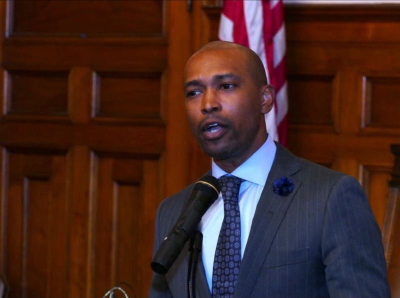
Kamauru Johnson serves as the Director of Counseling Support Services at Rye Country Day School in New York, where he supports students' mental well-being and development.
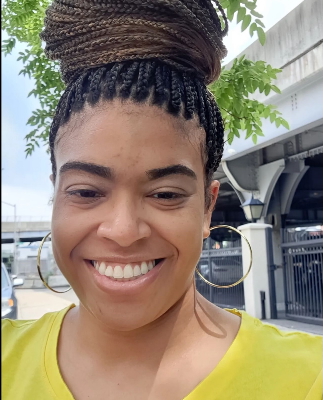
Selah Johnson, an Upper School history teacher at the Bryn Mawr School, has extensive knowledge and background educating students about key social movements in the 20th and 21st centuries.
Many Fellows have found their calling in public service and advocacy.
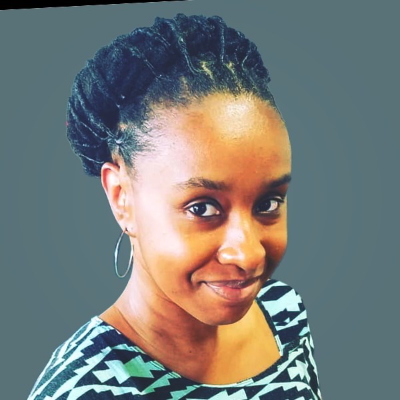
Morgan Clark, the Associate Director of Technology Policy, Research, and Advocacy at the Anti-Defamation League.
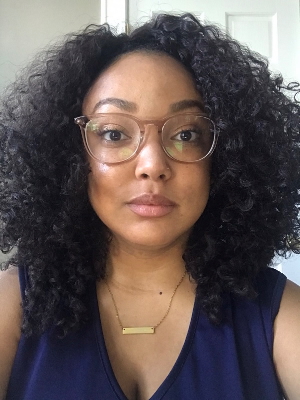
Jasmine Benjamin, a program associate at the Hyams Foundation.
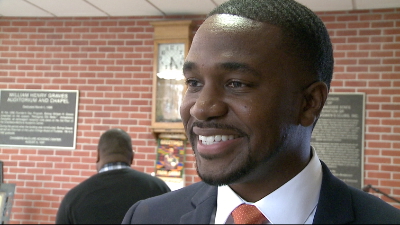
Jonathan Freeman, a Senior Associate at the Centre for Public Impact, use their expertise to drive social change and influence public policy.
Mellon Fellows are making an impact in cultural institutions.
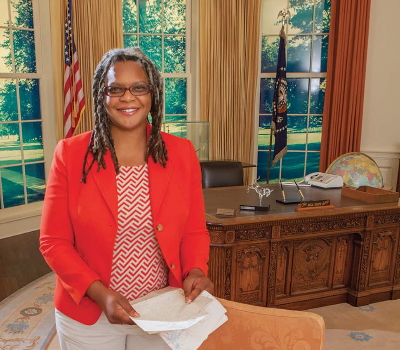
Meredith Evans Raiford, Director of the Jimmy Carter Presidential Library.
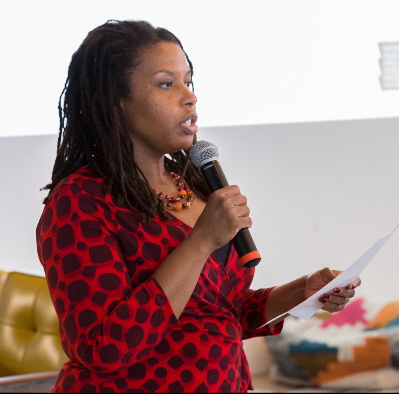
Doretha Williams, Director at the National Museum of African American History and Culture, help preserve and share African American history.
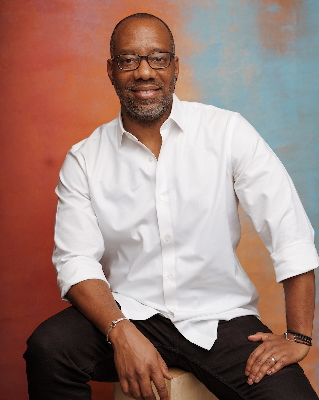
At Emory University, Clinton Fluker blends academic expertise with public outreach as Senior Director of Culture and Community Engagement.
Some Mellon Fellows have risen to positions of political significance.
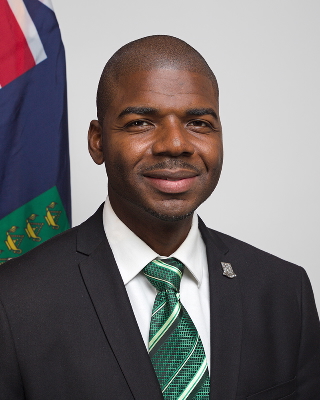
Natalio Wheatley is the current Premier of the British Virgin Islands.
Other Fellows contribute to government science roles.
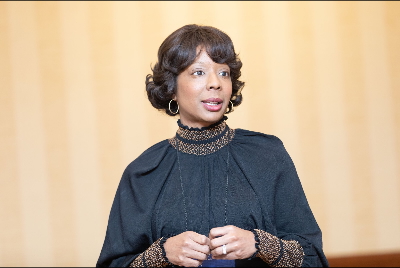
Sandra Richardson, Section Head for Research Capacity and Competitiveness at the National Science Foundation.
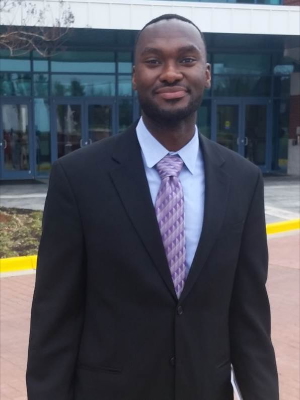
Micheal Hicks, Program Leader at the National Institute of Standards and Technology, apply their expertise to vital research and development initiatives in fields such as physics and standards.
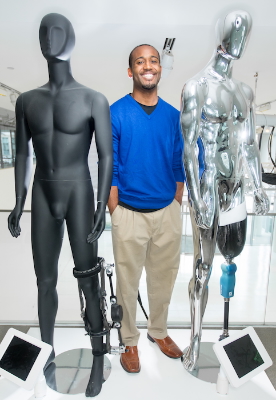
David Hill has leveraged his scientific expertise in an unconventional field—Major League Baseball. As Senior Research Scientist for the Los Angeles Dodgers, Hill analyzes the biomechanics of athletes to identify traits that lead to peak performance, showcasing the versatility of Mellon Fellows in applying their skills beyond traditional academic environments.
The Fellows span multiple generations, with PhDs ranging from as early as Cohort 2, whose members graduated with undergraduate degrees in 1992, to Cohort 28, including recent PhDs who completed their undergraduate degrees in 2018. This range demonstrates the continued success of the Mellon Program over more than two decades.
The UNCF/Mellon Program has played a key role in diversifying academia and extending its influence beyond the academy. With over 90 PhDs working in academic positions and many others making an impact across various fields, the program’s success over the last several decades is evident in the wide-ranging careers of its Fellows.